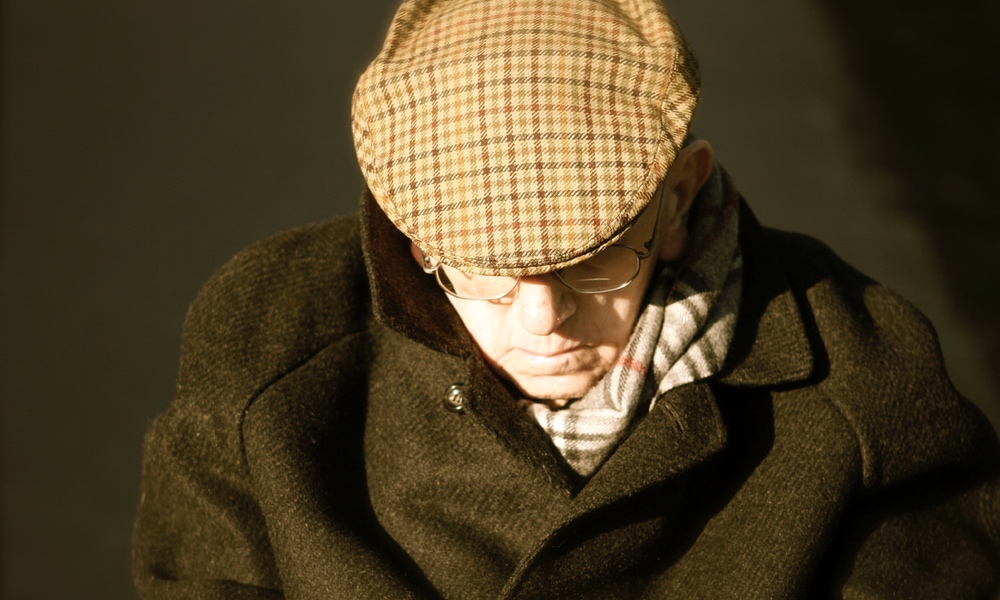If you've been feeling a little low lately, it may help to know that some of what is at work could be the effects of the end of daylight savings time.
Daylight savings has been the subject of some debate in recent years. The abrupt hour-long shift forward or back on the clock can leave our biorhythms scrambling to catch up, with health problems from heart attacks to car accidents increasing around the time change. These may have to do with the loss of sleep, or the stress the body undergoes as it tries to recalibrate to the new hours. Many wonder whether this artificial effort to trick Mother Nature is worth it.
Depression also seems to increase right after residents of the Northern hemisphere set their clocks back in the fall, and a new study of this troubling side effect of changing the clock found that it seems not to be the shorter days that bring on depression, but the switch from one clock setting to another. The finding, if it holds up, adds another piece of information to the daylight savings debate.Depression increased every year in November by an average of 8% after daylight savings time ended.
The team looked at 185,000 people in Denmark between 1995 and 2012. They tracked how many people in psychiatric institutions were diagnosed with depression at any given time throughout the study period. It turned out that depression increased every year in November by an average of 8% after daylight savings time ended.
Though the study focused on patients in mental institutions, the researchers feel that the results would apply to the general population, and to different degrees of depression.
“We are relatively certain that it is the transition from daylight saving time to standard time that causes the increase in the number of depression diagnoses and not, for example, the change in the length of the day or bad weather. In fact, we take these phenomena into account in our analyses,” said study author, Søren D. Østergaard, in a statement.
“We expect that the entire spectrum of severity is affected by the transition from daylight saving time to standard time, and since depression is a highly prevalent illness, an increase of eight per cent corresponds to many cases,” he adds.
Why would the clock switch trigger depression? There are probably a couple of reasons. One possibility is that sudden switch may disrupt our body clocks, a factor known to be linked to depression.“We probably benefit less from the daylight in the morning between seven and eight, because many of us are either in the shower, eating breakfast or sitting in a car or bus on the way to work or school. When we get home and have spare time in the afternoon, it is already dark.”
Some of the problem may also be logistical. The time shift may actually make the shorter days harder to deal with. It’s not as easy to do things that are mental health-friendly outside in the afternoon, like exercise or play with your kids in the park, when it’s already dark. “We probably benefit less from the daylight in the morning between seven and eight, because many of us are either in the shower, eating breakfast or sitting in a car or bus on the way to work or school. When we get home and have spare time in the afternoon, it is already dark,” said Østergaard.
And part of it is also probably psychological: We know that the clock shift is a harbinger of potentially long and brutal winters for many people. So it may be an early reaction to the reality of what’s to come. Says Østergaard, “the transition to standard time is likely to be associated with a negative psychological effect as it very clearly marks the coming of a period of long, dark and cold days.”
The study was carried out by researchers at Aarhus University, and is published in Epidemiology.





